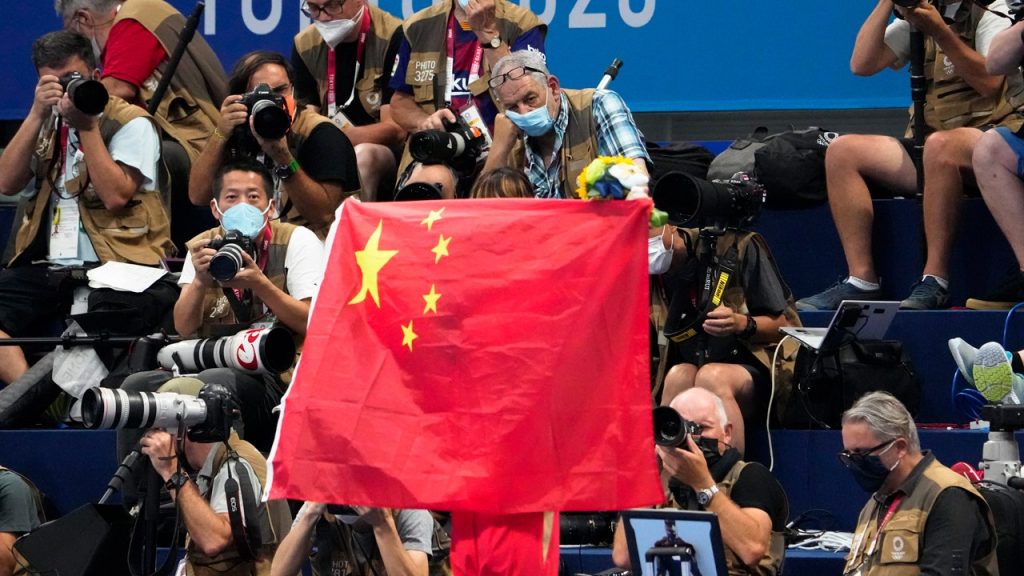The World Anti-Doping Agency (WADA) recently confirmed its decision to clear 23 Chinese swimmers who had tested positive for a banned heart medication prior to the 2021 Tokyo Olympics. Despite questions raised by a documentary released by German broadcaster ARD, WADA maintained that the swimmers’ samples had been contaminated. The contamination was believed to have originated from spice containers in the kitchen of a hotel where some of the Chinese team was staying for a national meet in January 2021. Chinese authorities handled the case, subsequently cleared the swimmers without any penalties, and WADA accepted their conclusions. Independent investigation into the matter was deemed unfeasible during the COVID-19 pandemic.
Ross Wenzel, a WADA prosecutor, explained that from January to June 2021, efforts were made to resolve the case before the Tokyo Olympics. The investigation concluded that there was no credible way to disprove the contamination theory and no political pressure to drop the case. Despite skepticism, WADA stood by the results of its investigation, citing scientific evidence and intelligence gathered by experts. The drug at the center of the case was trimetazidine (TMZ), which led to the suspension of Russian figure skater Kamila Valieva at the Beijing Winter Olympics. Although WADA pursued justice in the Sun Yang case, the agency accepted the findings in the case of the Chinese swimmers.
WADA clarified that the Chinese swimmers were not at fault or negligent, as they had unknowingly ingested contaminated food which led to the positive test results. Consequently, China’s anti-doping authorities and WADA found that the incident did not constitute a doping violation. Despite the implementation of anti-doping rules requiring provisional suspension for athletes testing positive for TMZ, the Chinese swimmers were not suspended by their national anti-doping agency. In response to media reports, the Chinese Foreign Ministry confirmed WADA’s decision and reasserted China’s commitment to zero tolerance towards doping.
The 30-member Chinese swim team achieved success at the Tokyo Olympics, winning six medals, including three golds. Chinese swimmers Zhang Yufei and Yang Junxuan were part of the 4×200 freestyle relay team that won gold, defeating American swimmers. The involvement of Chinese swimmers in the positive test case and subsequent clearance sparked controversy and criticism from opposition countries and organizations. The case highlighted a perceived flaw in the global anti-doping system, as each country’s anti-doping organization plays a key role in detecting and addressing doping violations.
The impact of doping on clean athletes and the integrity of sports competitions was emphasized by organizations such as Swimming Canada, which expressed disappointment over the positive test results. Athletes like Wang Shun, who emerged victorious in the men’s 200 medley in Tokyo, continued to compete for China despite the controversy surrounding the positive tests. The involvement of the US Anti-Doping Agency (USADA) in providing information about potential doping cover-ups in China raised questions about the handling of such cases at an international level. The case served as a reminder of the challenges and complexities involved in ensuring fair play and anti-doping compliance in competitive sports.















